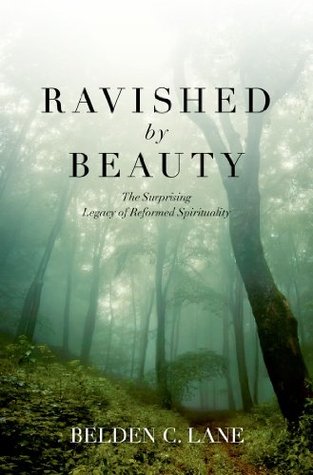We do not associate positive images of theatrical life with sixteenth-century Geneva. Nor does his image of the “world as theater” fit the usual pattern of this literary trope in the history of Western thought. From Stoics (like Seneca and Marcus Aurelius) to patristic writers (like John Chrysostom and Augustine) to sixteenth-century Christian Platonists (like Ficino), the metaphor generally pictured humans as principal actors in a play determined by a divine playwright.8 In this pattern, the theatrum mundi offered a reflection on the vanity of human life, the failure of human actors to play
...more
Welcome back. Just a moment while we sign you in to your Goodreads account.


